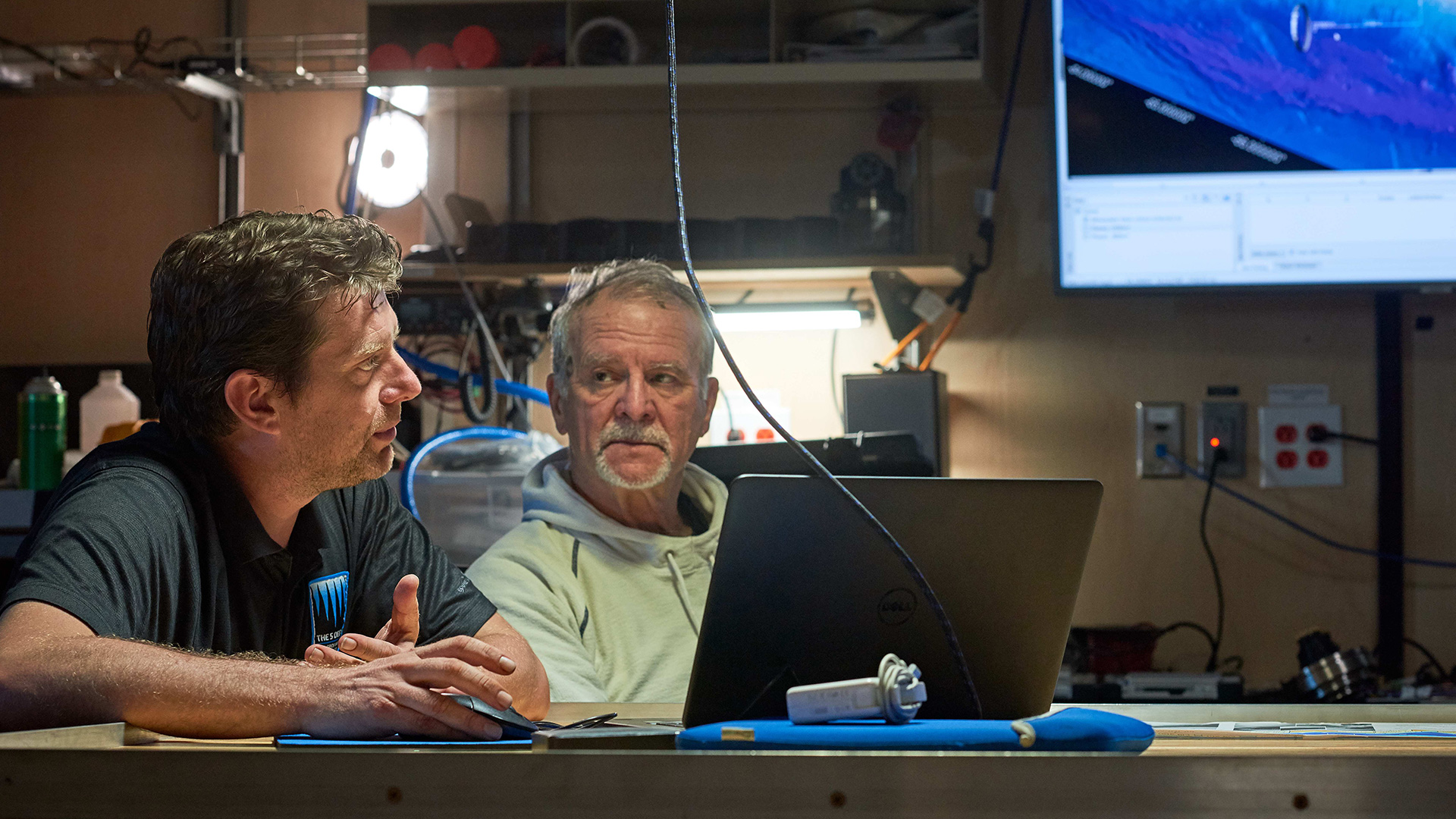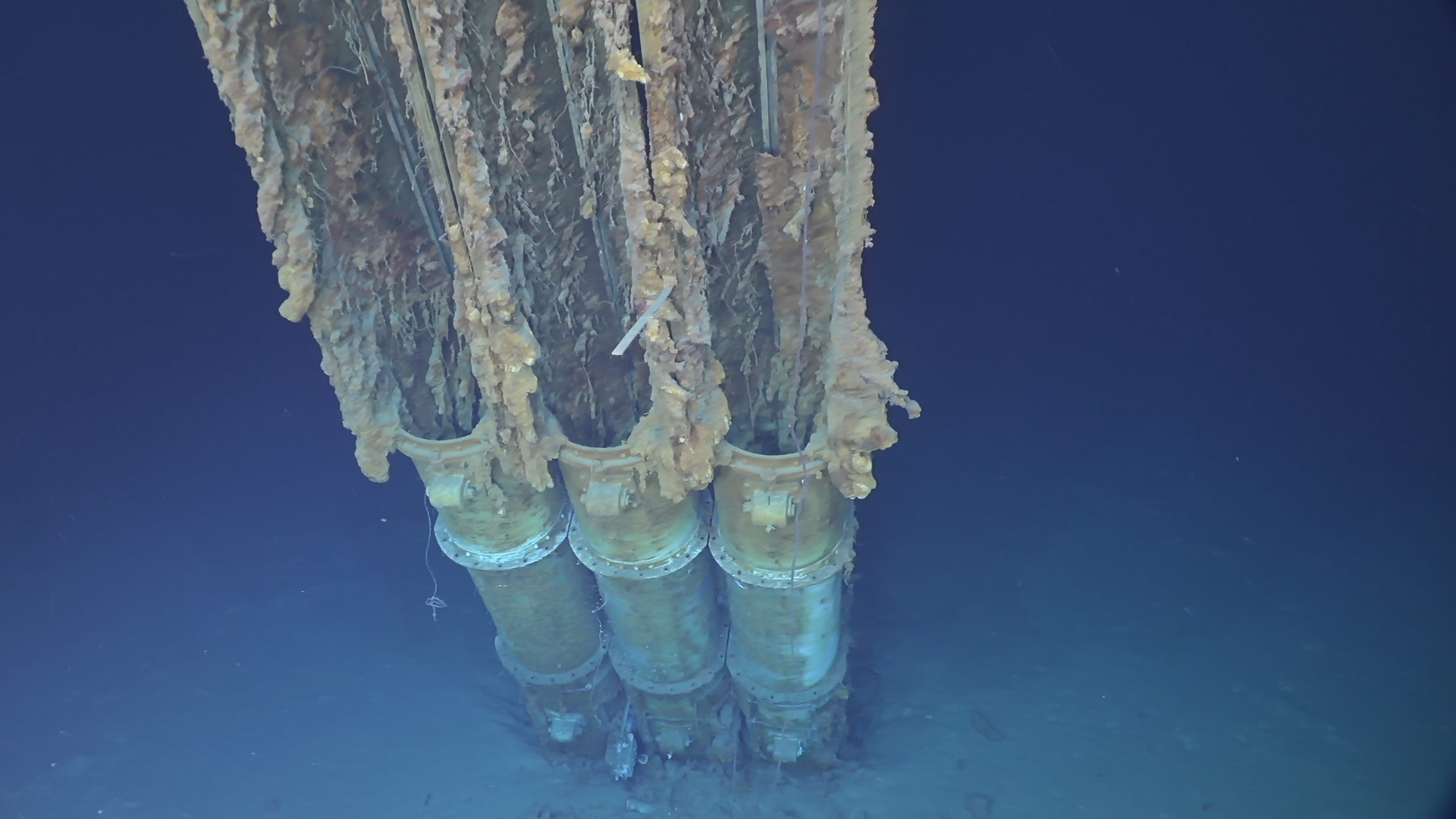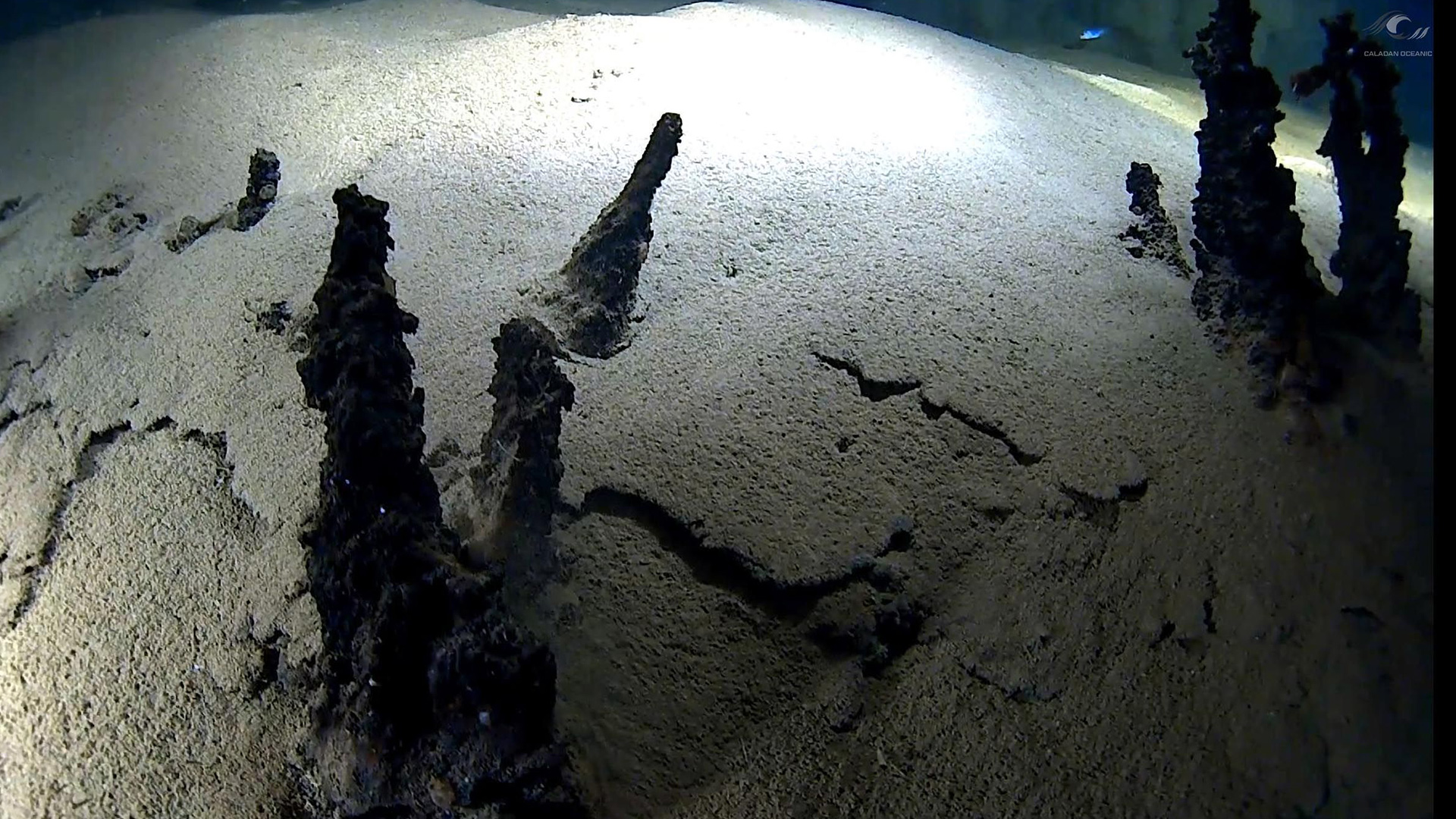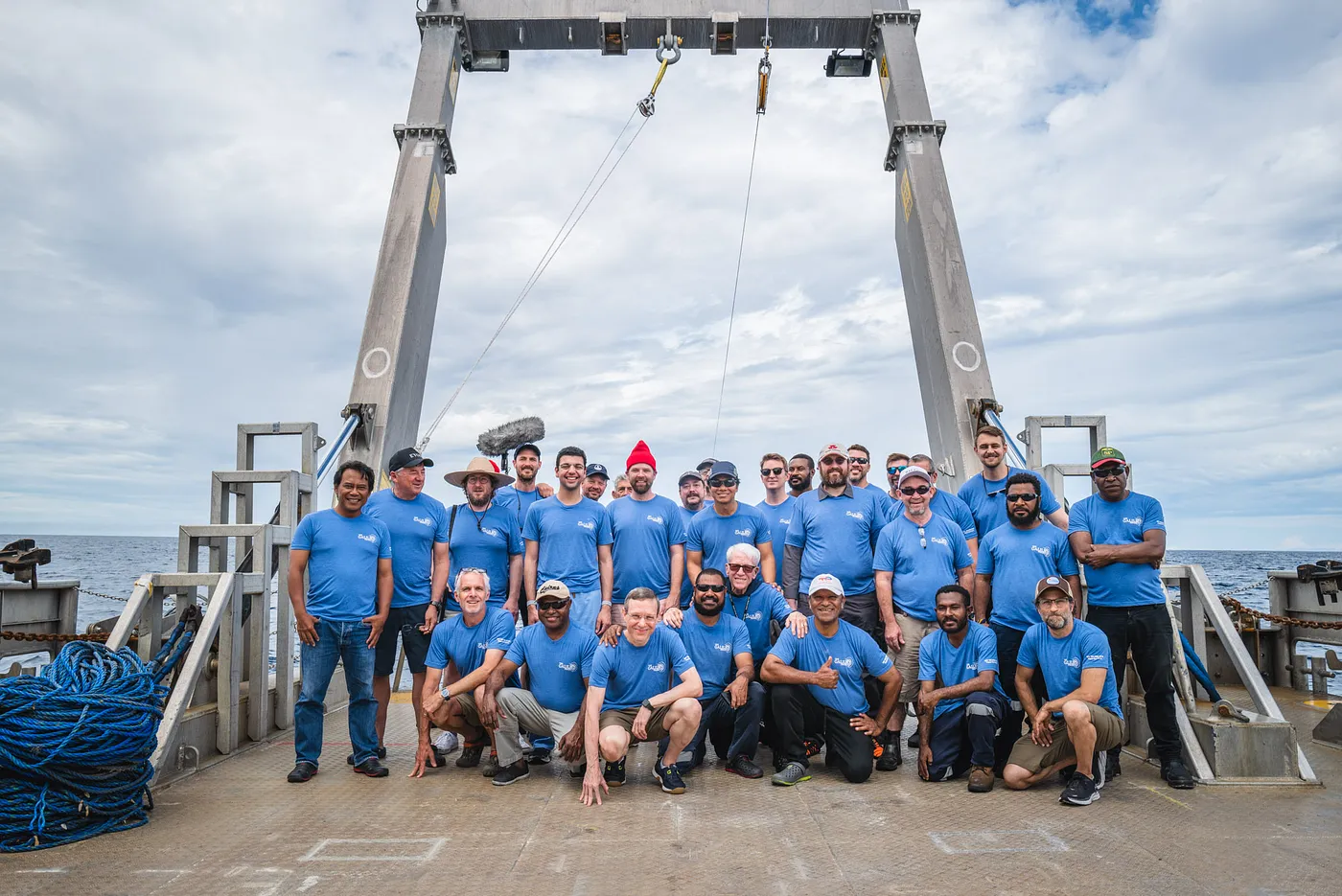In this ongoing series, we revisit some of the special projects that EYOS has supported over the years through expertise in marine logistics and operations. This week, we look into a collaborative effort to further understand and research our world’s oceans with Yachts for Science.
The world’s oceans make up the largest ecosystem on Earth. They cover almost three-quarters of the Earth’s surface and produce half of the oxygen we breathe. Oceans regulate climate and their chemistry is vital for planetary health. In spite of this, researchers estimate that less than 10% of marine life has been discovered and only a fraction of the ocean floor has been mapped.
The fundamental reason for this lack of knowledge is the difficulties that marine scientists face in gaining access to the resources necessary to research ocean environments. Traditional research vessels are often incredibly expensive to operate, unavailable, or in a different location. Further, the regions which need the most studying are often the most difficult to access. This is why EYOS collaborated with Nekton, Arksen, BOAT International, and the Ocean Family Foundation to help create Yachts For Science.
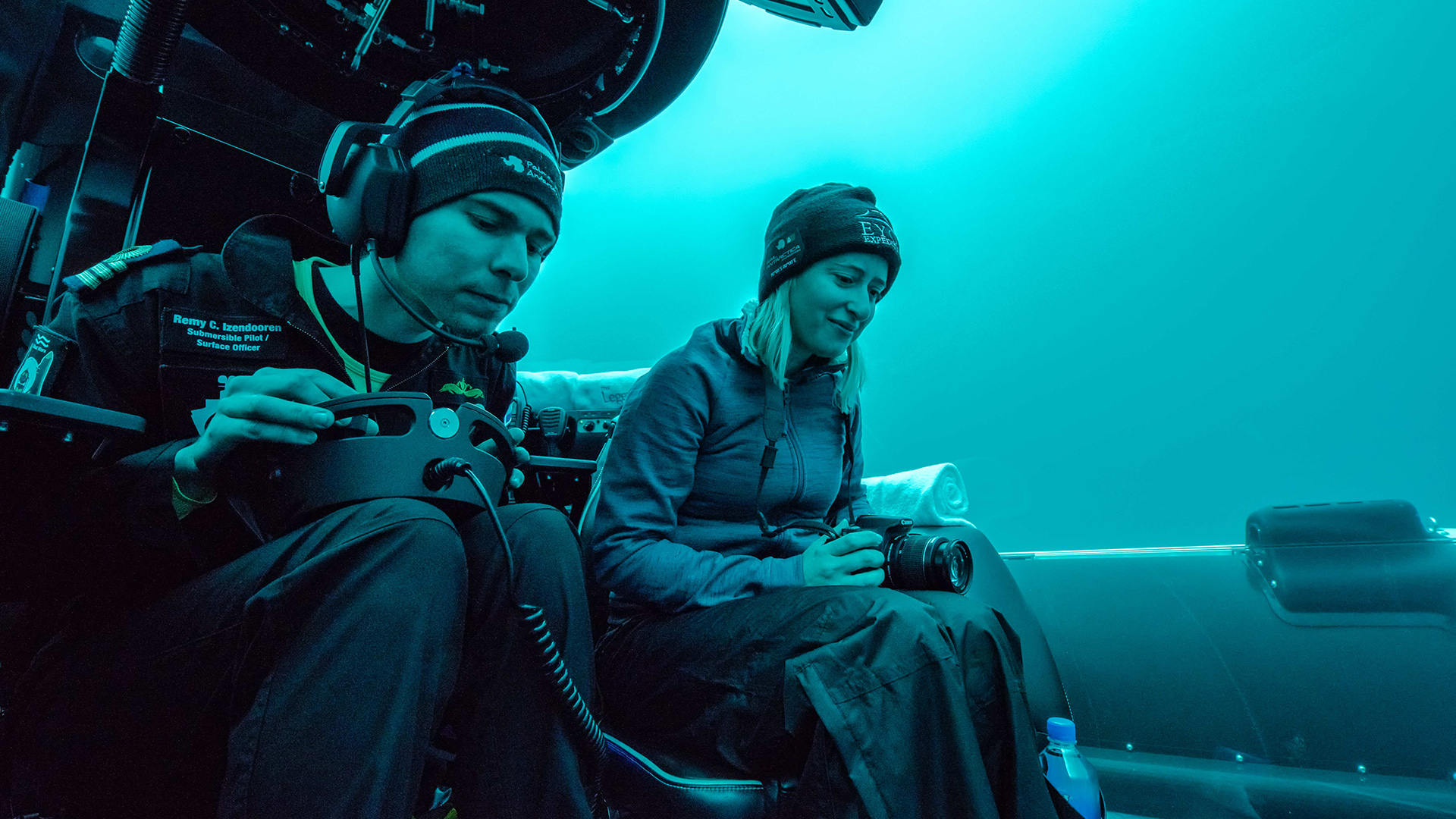
The goal of Yachts For Science is to bring together yacht owners and crew with marine scientists, researchers, and content creators and provide access to the oceans by utilizing the thousands of yachts that are traveling the globe as platforms for research.
One of the first studies took place in reefs both inside and outside marine protected areas around Indonesia’s famous Raja Ampat. Its aim was to document the size and abundance of black coral as well as the organisms associated with them, including fish. Erika Gress, the lead researcher on the publication produced from the trip recalls “the opportunity to tap into the immense experience of Dunia Baru’s team in the region as well as the amazing dive set-up they have onboard was critical to the success of our project.”
Current projects include efforts to study the giant manta rays in remote areas of the Maldives archipelago and the dynamics between floating life and floating plastic at the ocean’s surface in the Atlantic.
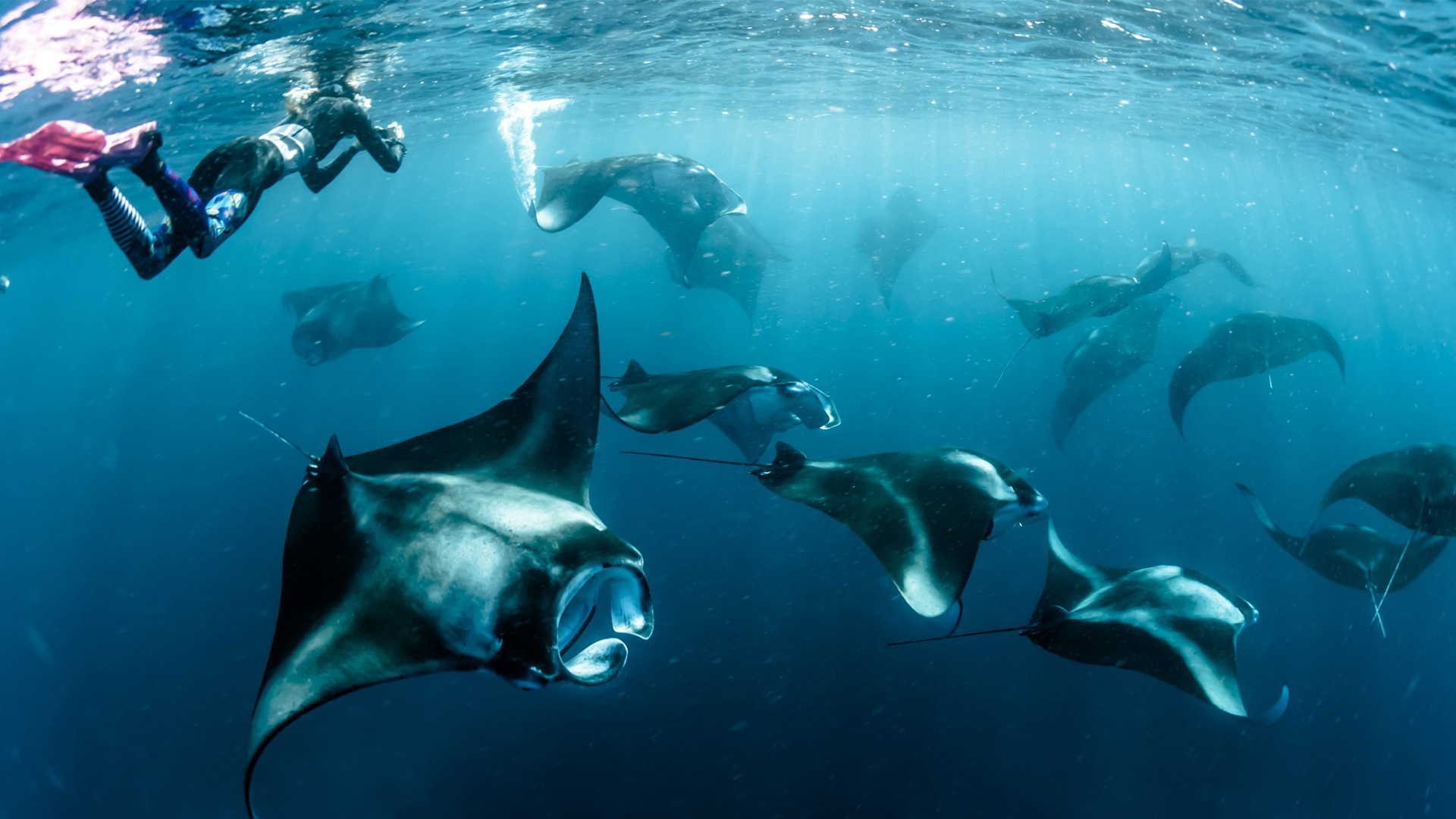
In the Maldives, yacht owners will snorkel & free dive to observe the work of the scientists and assist with capturing photo IDs of manta rays’ spot patterns. Much like a human fingerprint, the unique nature of these spots enables manta scientists to identify every individual manta just by photographing their underside. This simple, non-invasive technique enables the development of photo-ID databases of all the mantas within a population, allowing us to estimate population size and document movements seasonally and spatially. Over time this detailed information can reveal migration patterns, habitats critical to feeding and reproduction, and much more – all of which is crucial if we are to make informed management decisions around the conservation of these animals
The Atlantic plastics project will involve towing ‘Neuston’ nets behind yachts each day. Unlike large-scale plastics and animal species easily viewed at the surface, microplastics and small animals (like blue-button jellies) are extremely hard to see. Yachts for Science will supply yachts and crew with training, cameras, and neuston surface nets to photograph life and plastic on the ocean’s surface and understand the dynamics of how these two are interacting.
Through connections and collaborations like these, Yachts for Science is bringing together the communities of superyacht voyaging and scientists. The effort is allowing yacht owners to share the excitement of new discoveries while also providing researchers access to destinations and resources that would otherwise be inaccessible. These partnerships will provide the vital information required for decision-makers to bring about the protection and recovery of our oceans into the future.
